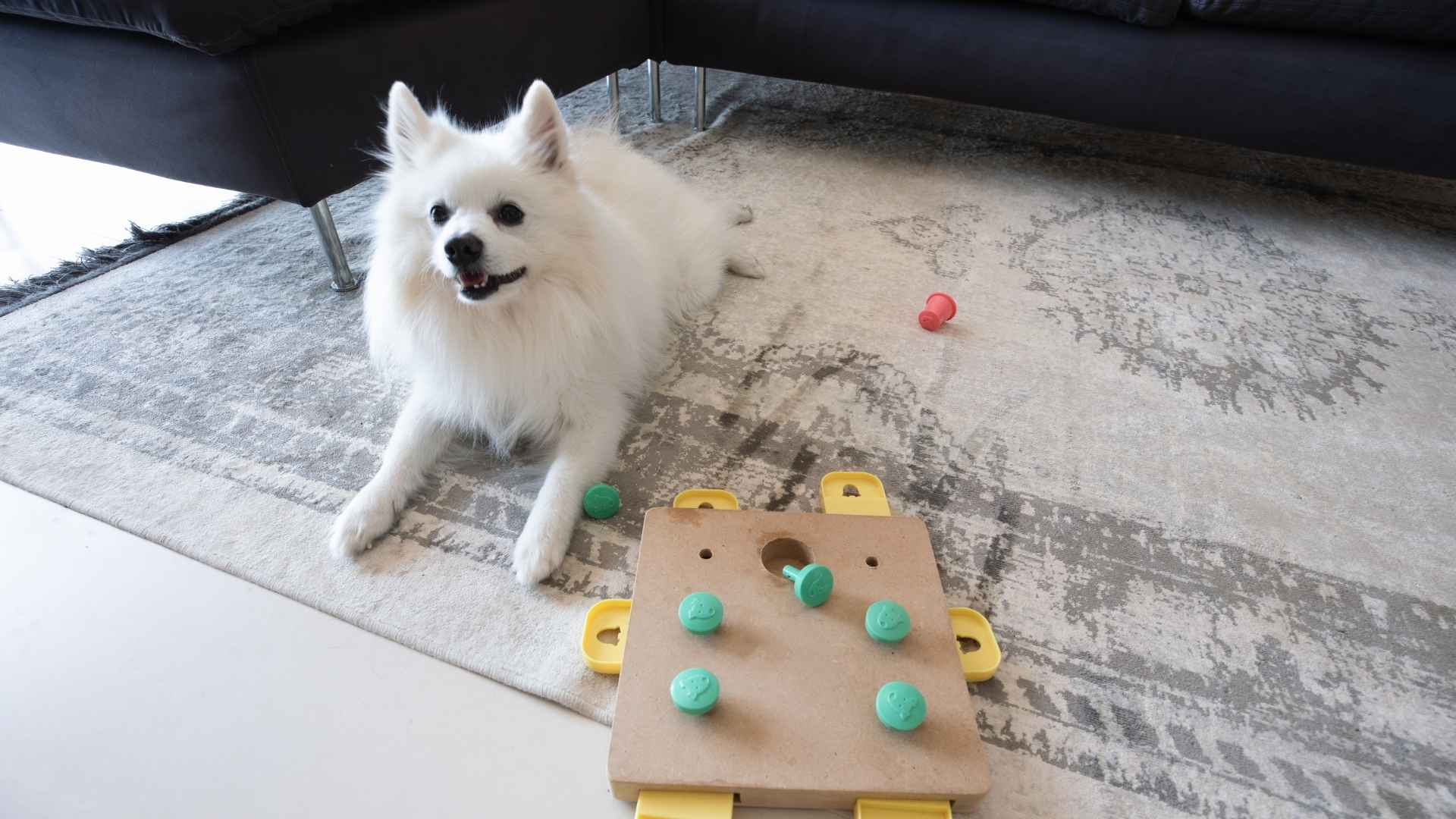Some dogs are fetch fanatics, others are cuddle champions, but a special few are puzzle-solving pros. These canine brainiacs thrive on mental stimulation and are always looking for a challenge. Whether it’s unlocking a treat-dispensing toy, figuring out how to open a door, or learning a multi-step trick, puzzle-solving breeds combine intelligence, curiosity, and problem-solving instincts in fascinating ways.
Many of these dogs were originally bred for work, herding livestock, retrieving game, or guarding property, which required them to think independently and make fast decisions. Today, that mental agility shows up in how quickly they learn new commands, navigate obstacle courses, or “hack” their way into the snack drawer.
In this article, we’ll spotlight dog breeds that aren’t just smart, they’re strategic. If you’re looking for a dog that will keep you on your toes (and maybe outsmart you), these puzzle-loving pups are the ones to watch.
Dog Breeds That Solve Puzzles Like Pros
1. Border Collie
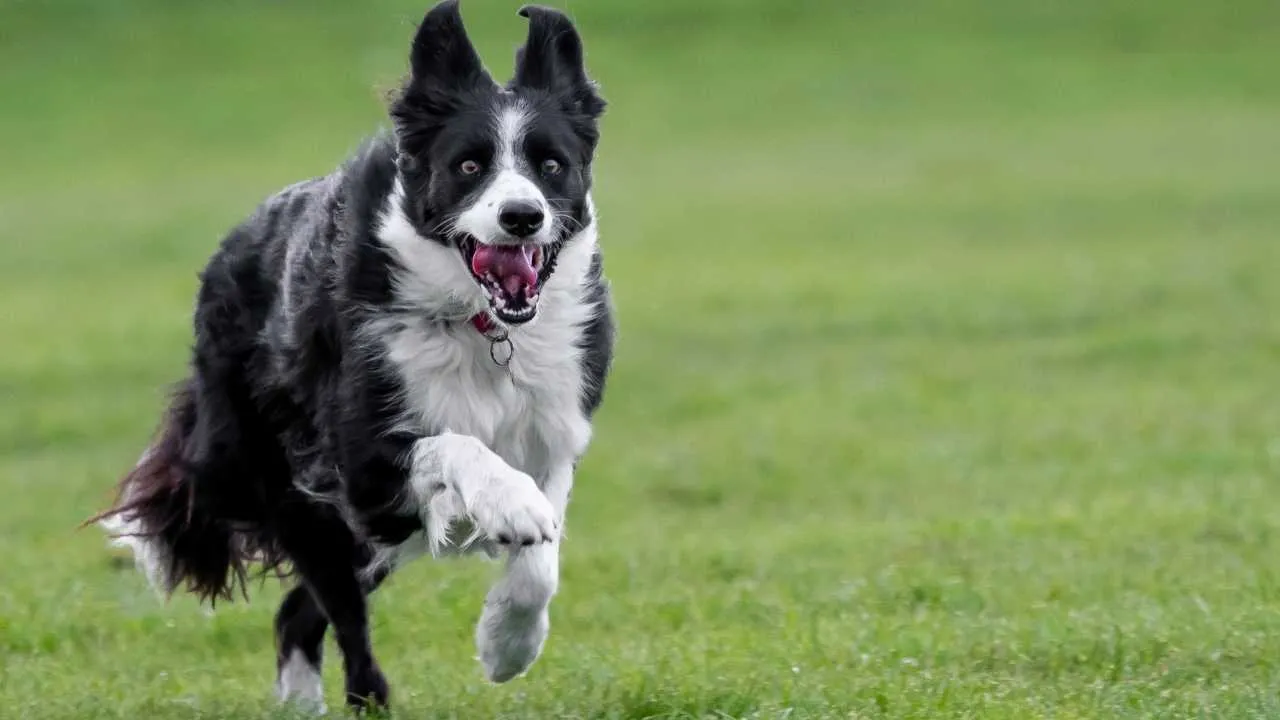
With a reputation as the brainiac of the canine world, the Border Collie doesn’t just solve puzzles, it dominates them. Bred to herd sheep with minimal instruction, this breed is known for executing intricate tasks with nothing but a whistle or hand gesture.
Britannica states that a Border Collie doesn’t need repetition to learn. Teach it once, and it remembers, then optimizes. These dogs don’t just follow directions; they anticipate outcomes, often finishing your commands before you say them.
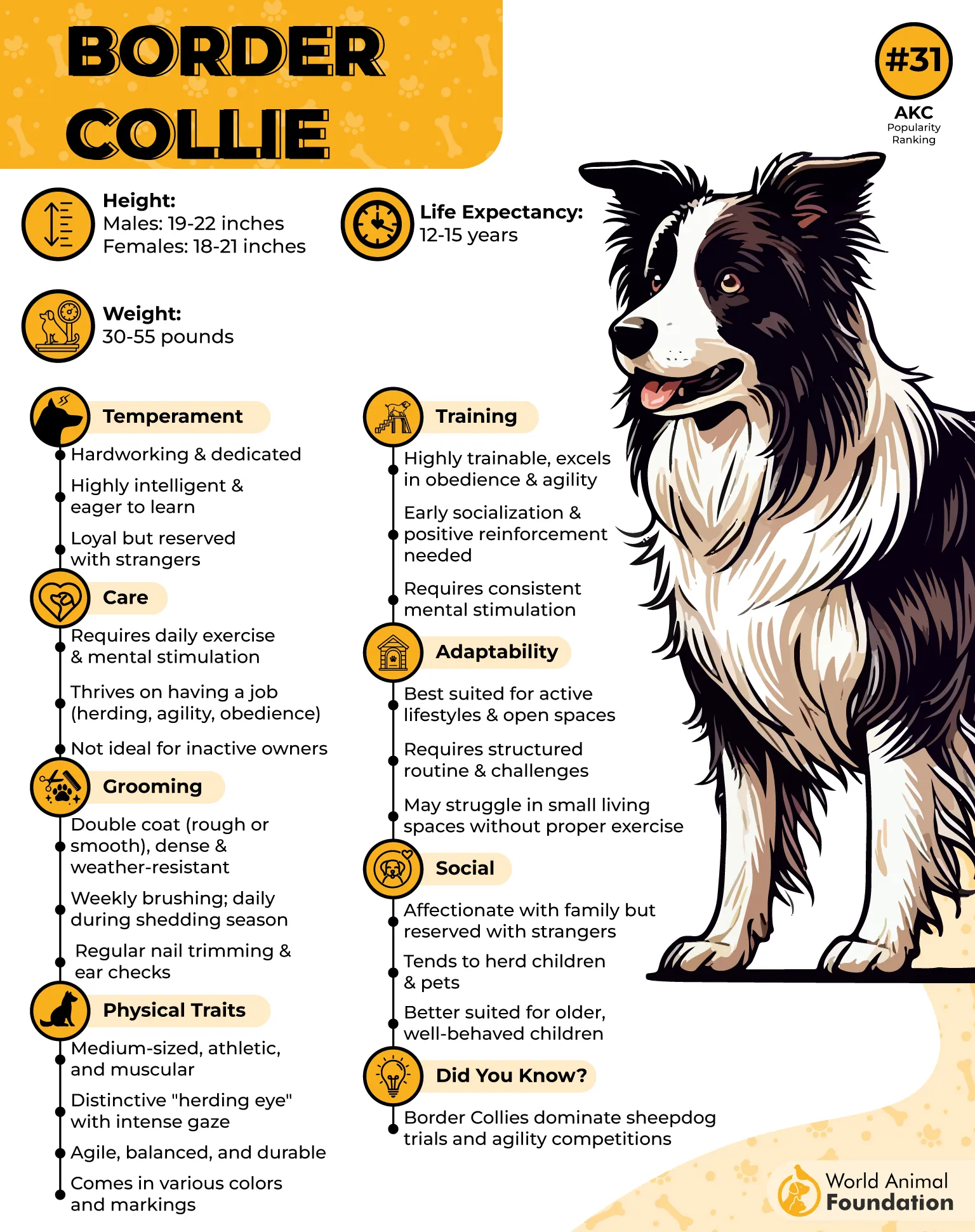
Their legendary “eye”, that intense, predatory stare, isn’t just for sheep. It’s focus incarnate. That laser-sharp attention translates beautifully to toys with moving parts, strategic games, or puzzles that rely on sequential steps.
But this brilliance comes with a price: boredom is the enemy. Without challenges, they’ll invent their own fun, from opening cabinets to herding the furniture.
If you want to share your home with a dog who might outthink you, the Border Collie is your match.
Puzzle-Solving Strengths
Precision-focused visual tracking
Unmatched memory for multi-step routines
Thrives in complex, evolving mental challenges
2. Labrador Retriever
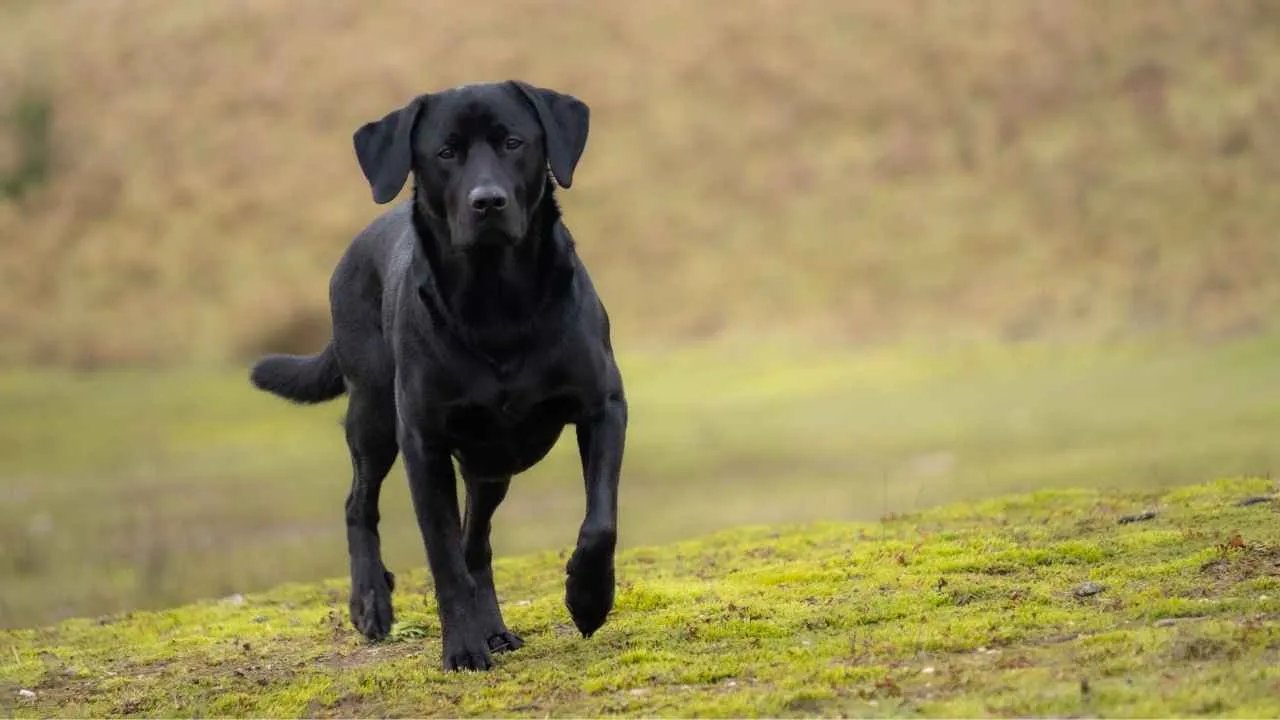
Labs are often seen as goofy go-getters, but underneath that charm is a clever mind powered by one thing: motivation. Usually, it’s food. But that motivation turns them into puzzle-solving dynamos.
Historically, Labradors retrieved nets and fish for coastal workers, which required patience, swimming skills, and interpretation of human signals, as per PetMD. Today, they apply that intelligence to unlocking treat dispensers and navigating logic toys.
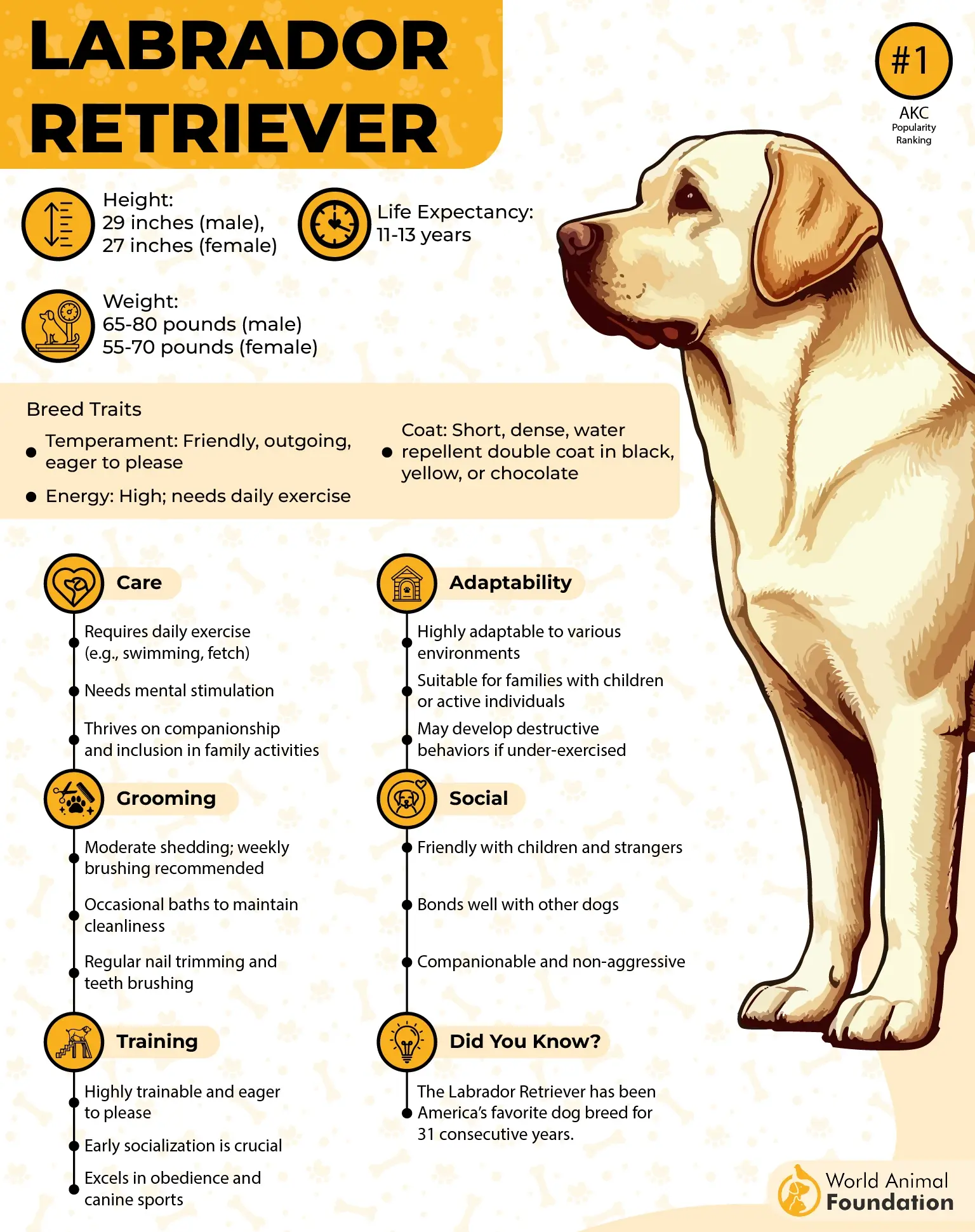
Don’t be surprised if your Lab learns how to use a puzzle faster than you can reset it. They’re adaptive learners, willing to test different strategies until something clicks, then they file it away for good.
They also thrive on predictable challenges. Once they learn the rules of a game, they’ll repeat it with enthusiasm, efficiency, and precision.
Need a dog who’s as happy solving a problem as it is playing fetch? A Labrador’s your dog.
Puzzle-Solving Strengths
Persistent, enthusiastic trial-and-error approach
Quick to learn reward systems and routines
Great for puzzle toys with food incentives
3. German Shepherd
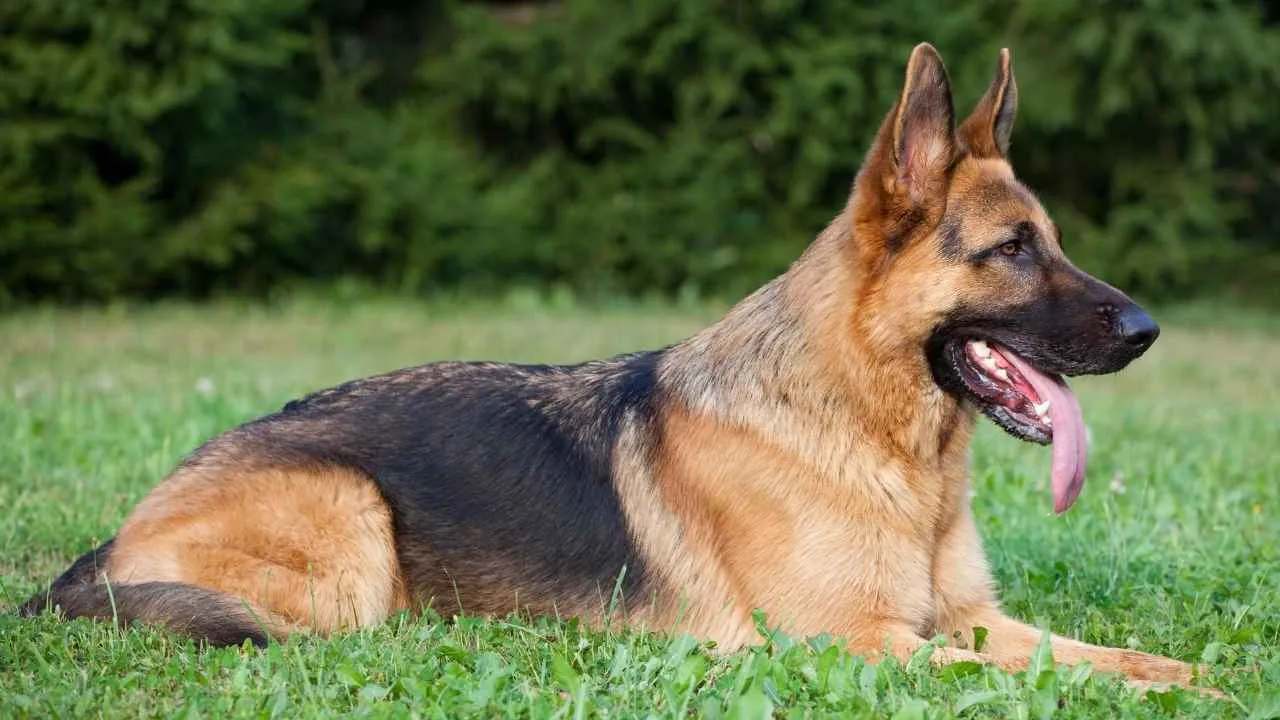
Few breeds approach a puzzle with the same strategic intensity as a German Shepherd. These dogs don’t just play, they calculate.
Purpose-built for decision-making in high-pressure environments, Shepherds retain that tactical edge in everyday life. Whether navigating a scent trail, flipping compartments, or recognizing patterns, they take the mission seriously.

What sets them apart is versatility. They switch between independent thinking and command-following seamlessly, excelling at games that challenge memory, obedience, and even empathy.
Shepherds also tend to read the room, and you. They’re just as likely to puzzle out your body language as the toy in front of them.
Their intelligence is layered: part work ethic, part intuition, all focus.
Puzzle-Solving Strengths
Sharp analytical problem-solving
Highly responsive to task-based challenges
Ideal for puzzles that mix cues, logic, and reward
4. Shetland Sheepdog
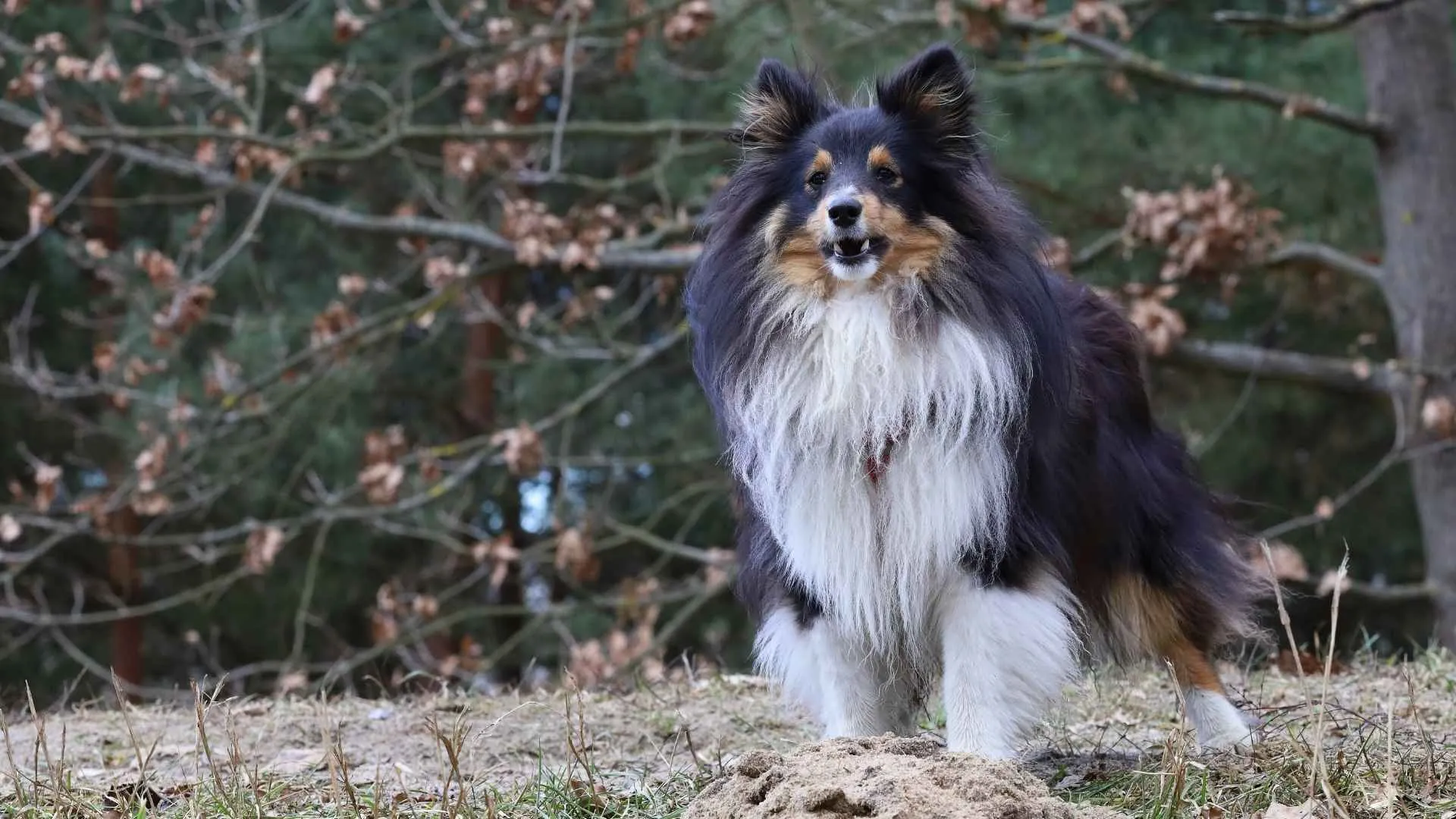
Don’t be fooled by the Sheltie’s soft coat and sweet eyes—this is a sharp mind wrapped in fluff. Originally bred to herd and guard flocks on the remote Shetland Islands, these dogs developed the ability to problem-solve independently in harsh, unpredictable environments.
Shelties are thinkers, not reactors. They’ll study a situation quietly before making their move, often solving new challenges on the first try simply by observing. Their learning style leans heavily on pattern recognition and repetition.
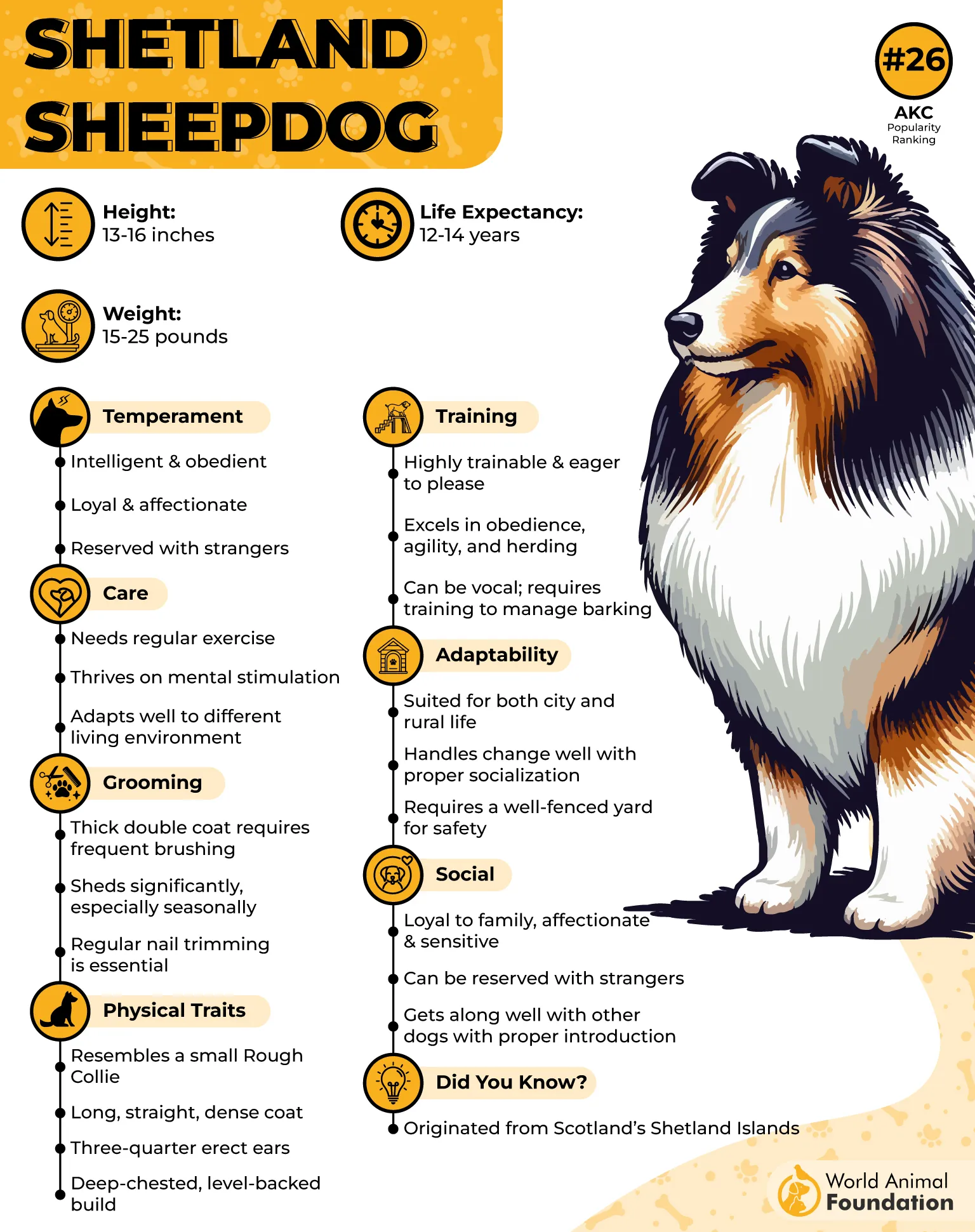
Their alertness is off the charts. They notice tiny changes in their surroundings and respond accordingly, which makes them excellent candidates for puzzle toys that require attention to detail or fast adaptation.
Shelties are also excellent communicators. Whether it’s a bark, spin, or pointed stare, they often “narrate” their process as they work through a task.
If you’re seeking a graceful, methodical problem-solver with a flair for finesse, the Shetland Sheepdog is your partner.
Puzzle-Solving Strengths
Exceptional pattern tracking and detail awareness
Picks up on routines and learns quickly through observation
Excels in puzzle toys with timed or memory-based sequences
5. Doberman Pinscher
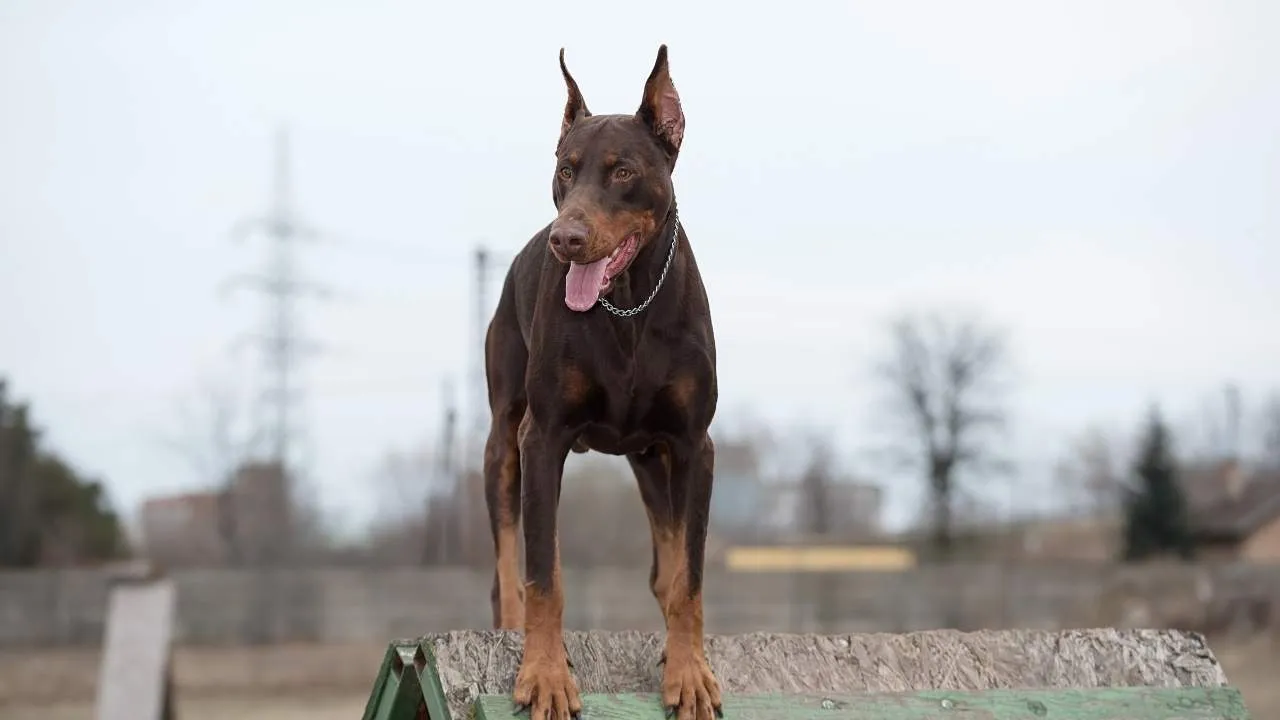
Elegant yet commanding, the Doberman Pinscher brings precision and intensity to every interaction, including puzzles. Originally bred for personal protection, this breed’s intelligence is rooted in loyalty, structure, and instinctive decision-making.
Dobermans are fast processors. They grasp new concepts quickly and apply them with purpose, often refining their approach mid-task to improve efficiency. They don’t fumble through puzzles—they dissect them.
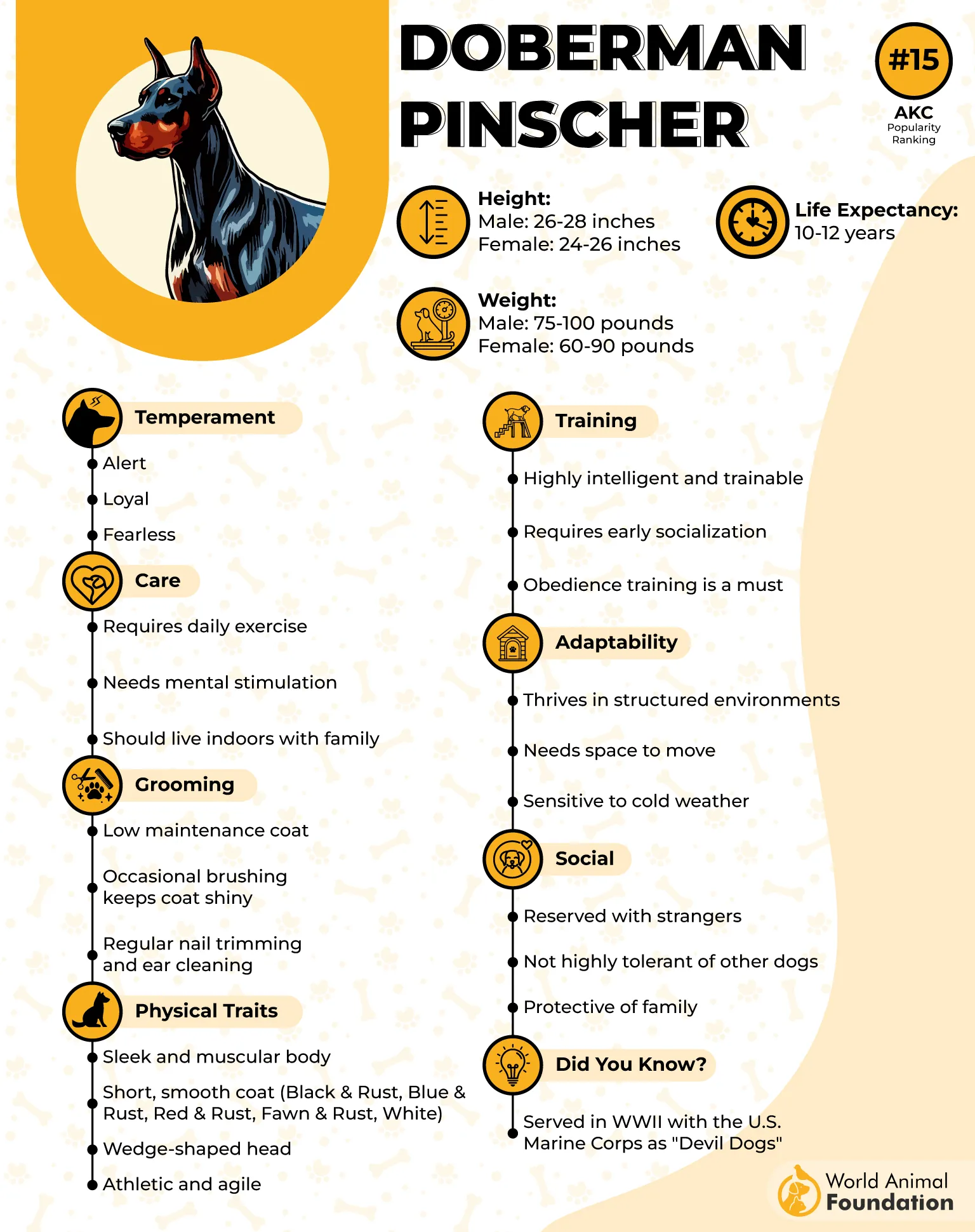
They’re also emotionally perceptive. A Doberman can often sense your mood and adjust its behavior accordingly, which is especially useful for cooperative puzzle games or advanced obedience tasks that require subtle cues.
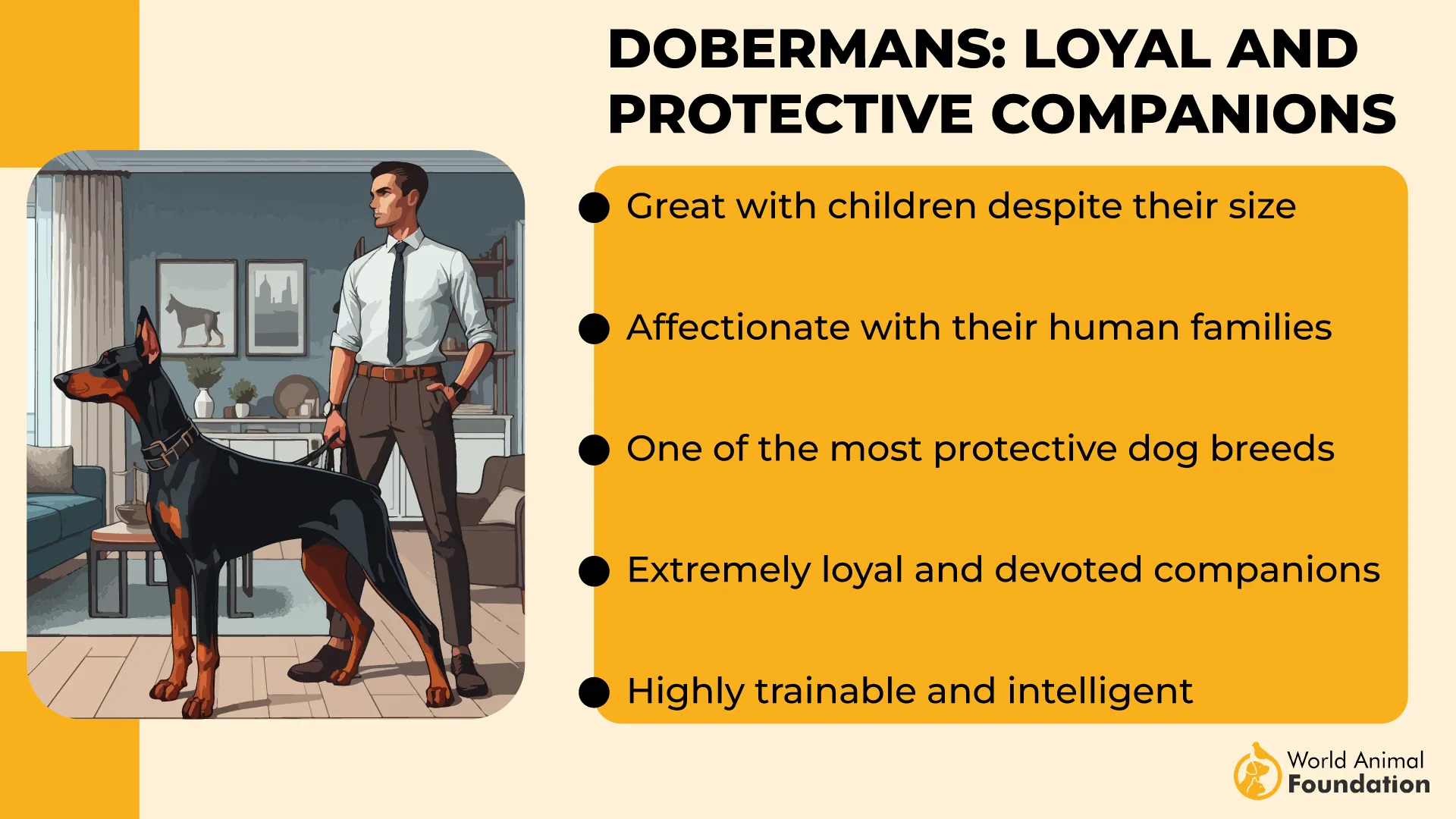
What makes them standout puzzle-solvers is their follow-through. Once engaged, they stick with a challenge until it’s mastered—and remembered.
If you’re looking for a puzzle partner with laser focus and military-level commitment, the Doberman delivers.
Puzzle-Solving Strengths
Purposeful, tactical approach to tasks
Fast learners with strong memory retention
Excellent at structured, multi-layer puzzles
6. Golden Retriever
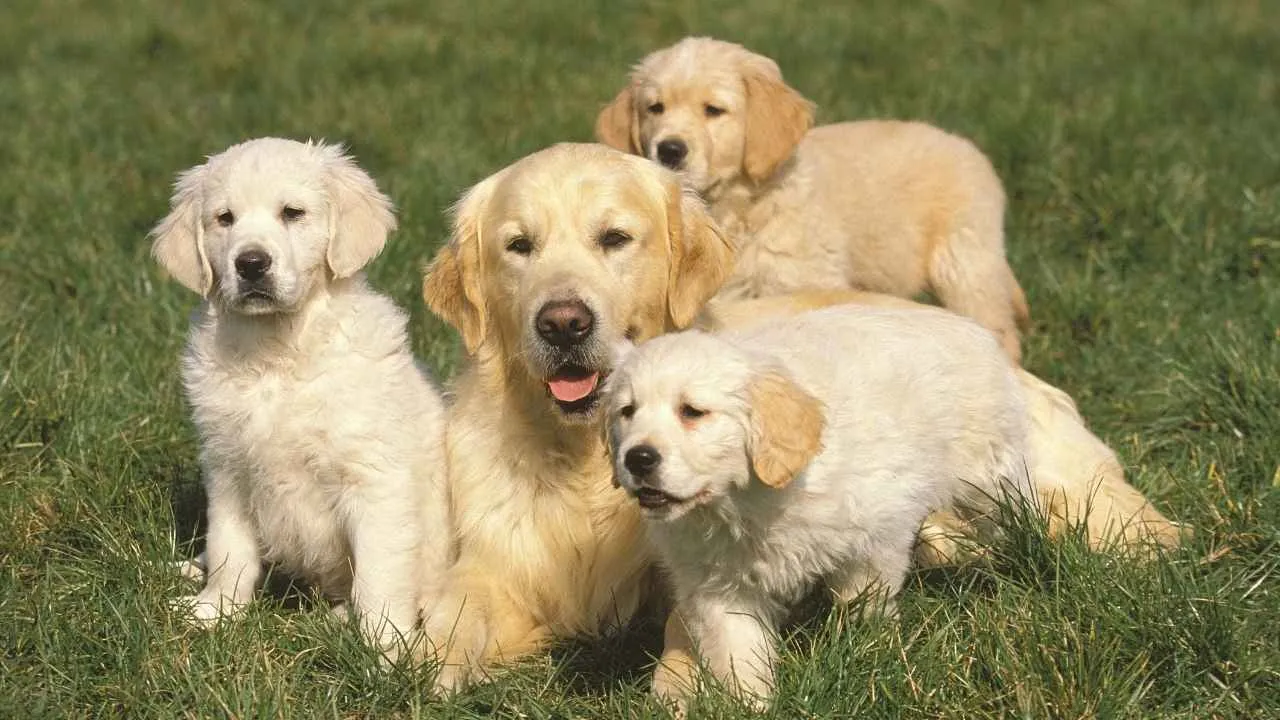
Golden Retrievers approach puzzles the same way they approach people: with enthusiasm and patience. These dogs were originally bred for retrieving game across land and water, which required calm thinking under pressure and attention to complex commands.
Their strength lies in emotional intelligence. A Golden Retriever is remarkably tuned into human behavior, often solving a puzzle not just by logic, but by anticipating what you’re trying to teach.

They aren’t impulsive solvers, they’re persistent ones. They’ll try, try again, and always with the same upbeat attitude that makes them so endearing. This steady problem-solving style is ideal for families or beginner puzzle games.
Because they’re so people-oriented, Golden Retrievers often enjoy puzzle tasks that involve teamwork, like scent games or trick training with verbal praise.
If you want a puzzle-savvy dog that learns with heart as much as with brain, the Golden fits the bill.
Puzzle-Solving Strengths
Gentle, trial-and-error problem-solving
High emotional sensitivity and response to feedback
Ideal for family-friendly and interactive training puzzles
7. Poodle
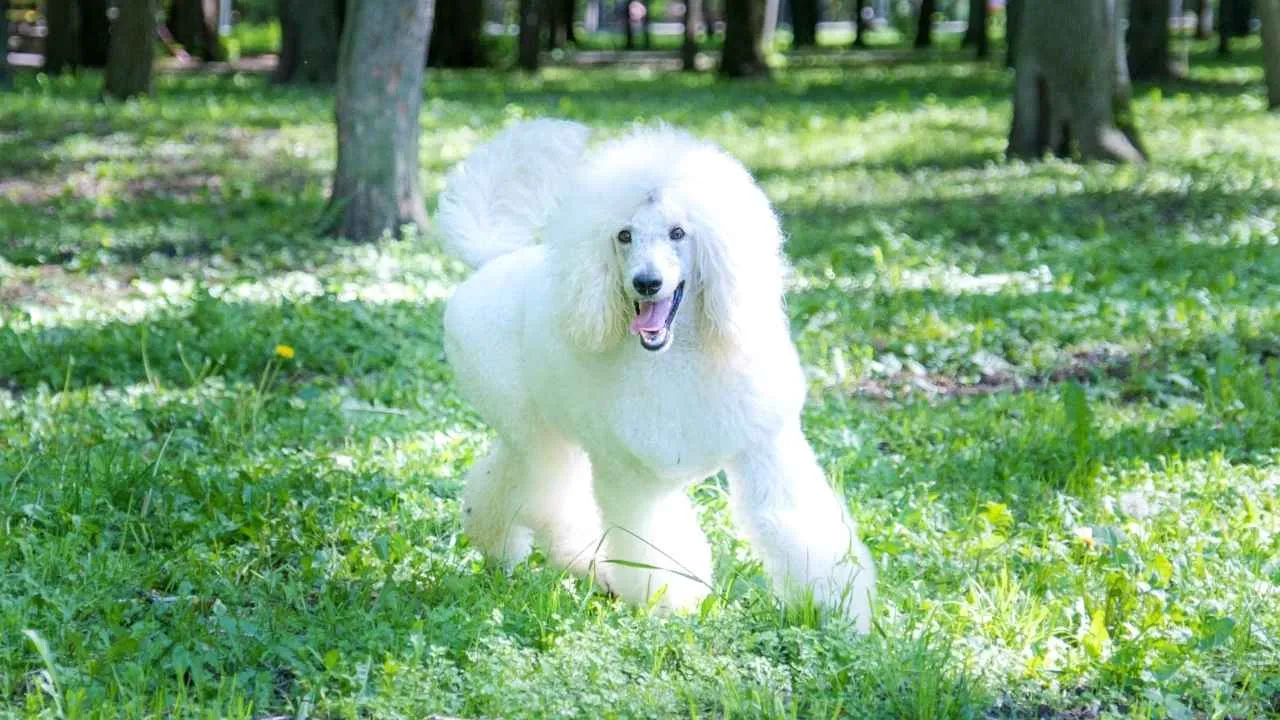
Few breeds blend brains and elegance like the Poodle. Available in Standard, Miniature, and Toy sizes, these dogs are not just charming companions; they’re dynamic thinkers. Behind their iconic curls lies a keen, curious mind that thrives on challenge.
Originally bred as water retrievers, Poodles were tasked with navigating unpredictable environments, requiring independence, agility, and quick decisions. That work ethic is alive and well in their approach to modern-day puzzles and brain games.
According to the AKC, Poodles are known for their sharp memory and adaptability. They’ll try new solutions eagerly, and once something works, they’ll remember it, perfect for progressively challenging toys and tasks.
What makes them standout puzzle-solvers is their love of novelty. Poodles enjoy rotating toys, alternating games, and learning new commands, especially when it means showing off for an audience.
Whether it’s solving a food maze or acing a scent challenge, Poodles bring athleticism, enthusiasm, and precision to every mental exercise.
Puzzle-Solving Strengths
Quick to adapt and refine problem-solving techniques
Love variety and progression in mental challenges
Retain skills across multiple puzzle types
8. Papillon
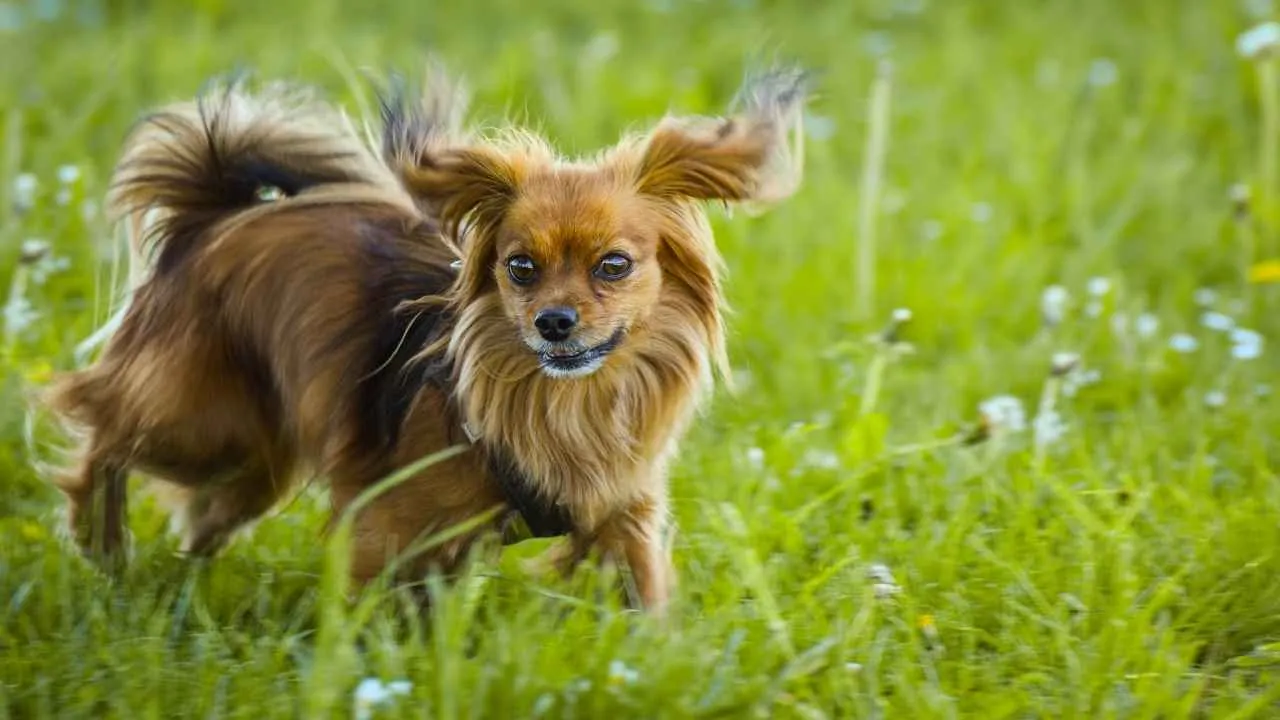
Don’t let the dainty size or frilly ears fool you—the Papillon is a mental dynamo. Named after the French word for “butterfly,” this breed flits through agility courses and puzzle toys with elegance and explosive energy.
Bred as companions to European nobility, Papillons were designed to be clever conversationalists and attentive sidekicks. That human-centric intelligence now powers their success in puzzles and obedience.
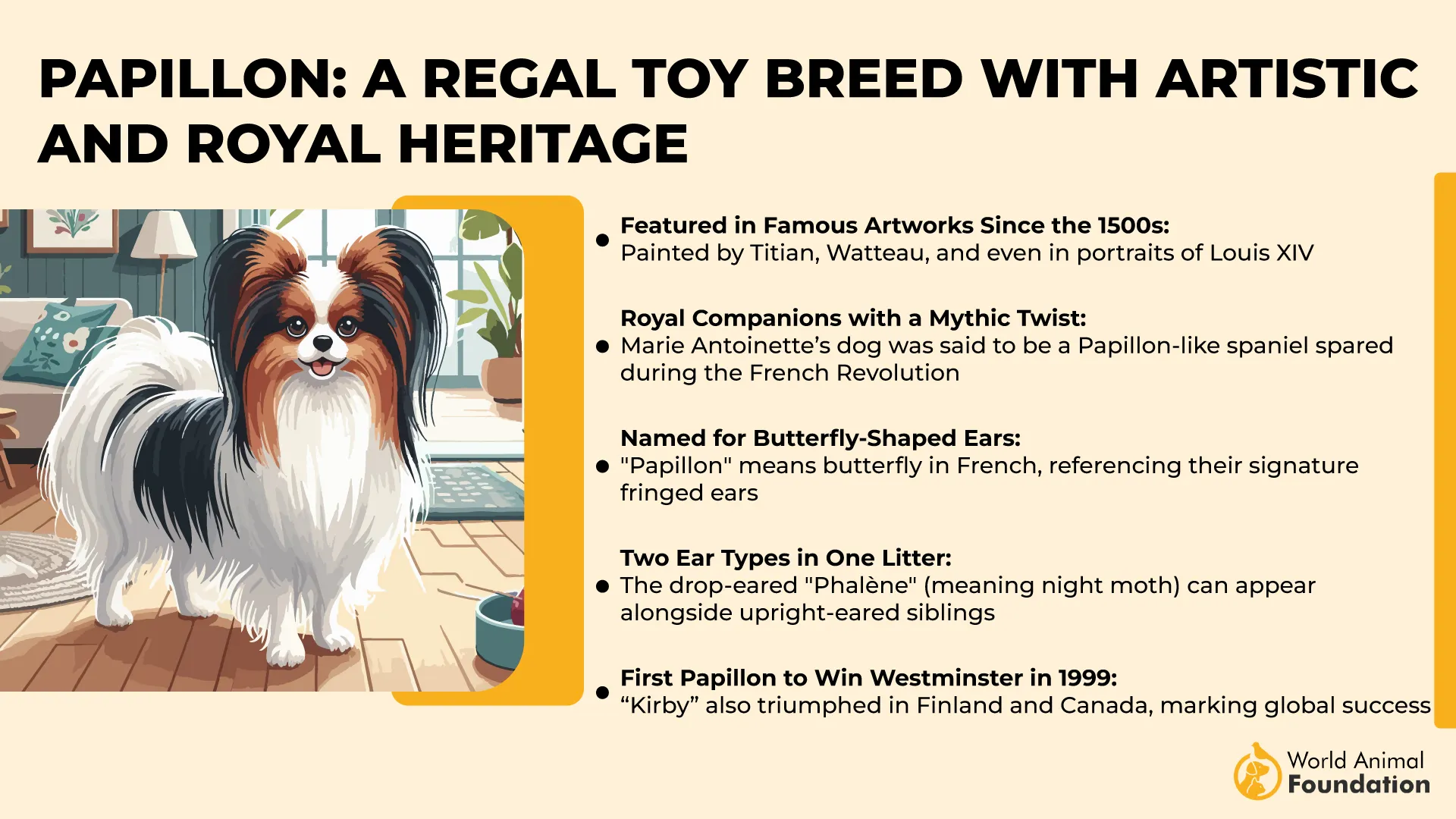
They are quick to learn and quicker to apply what they know. Puzzle toys that require memory, pattern recognition, or precision are their specialty—and they’ll tackle them with laser focus.
Because Papillons are highly observant, they excel at reading subtle cues. They often use your body language and feedback as hints when tackling a new toy or task.
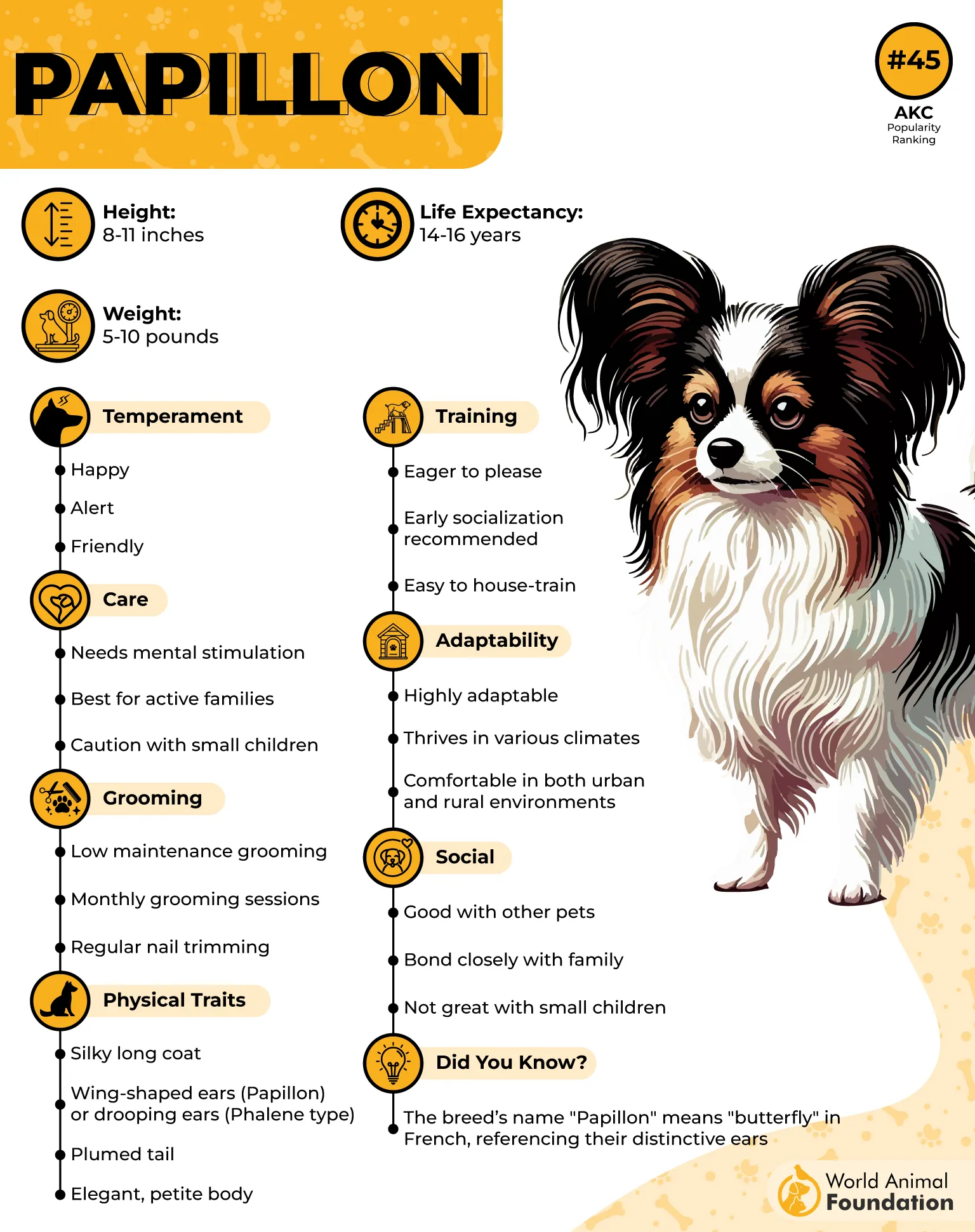
Agile, alert, and affectionate, Papillons prove that intelligence comes in small, silky packages.
Puzzle-Solving Strengths
Fast learners with exceptional memory retention
Excel in games requiring coordination and timing
Highly responsive to human interaction and cues
9. Australian Cattle Dog
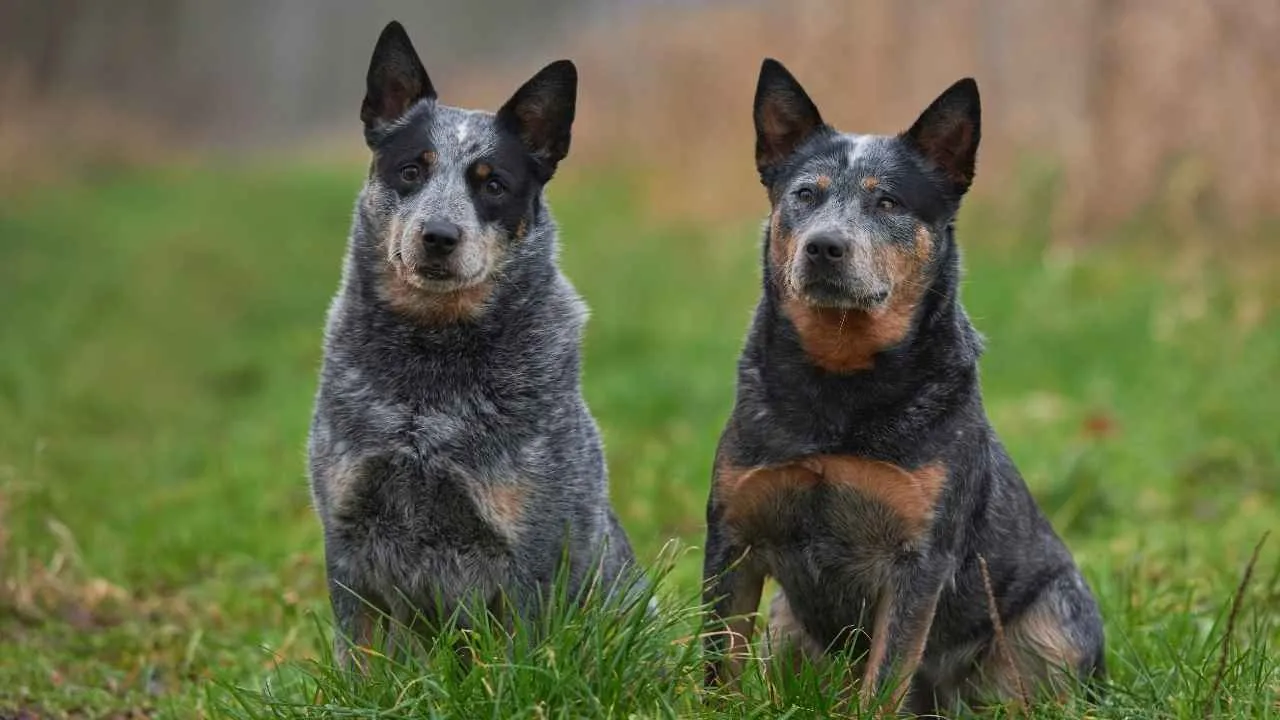
The Australian Cattle Dog is as gritty as it is gifted. Bred to move stubborn livestock across rugged terrain, these dogs developed serious problem-solving skills out of necessity, not just instinct.
Their brains are wired for action. Give them a challenge, and they’ll approach it methodically, using speed and strategy in equal measure to crack even the toughest tasks.
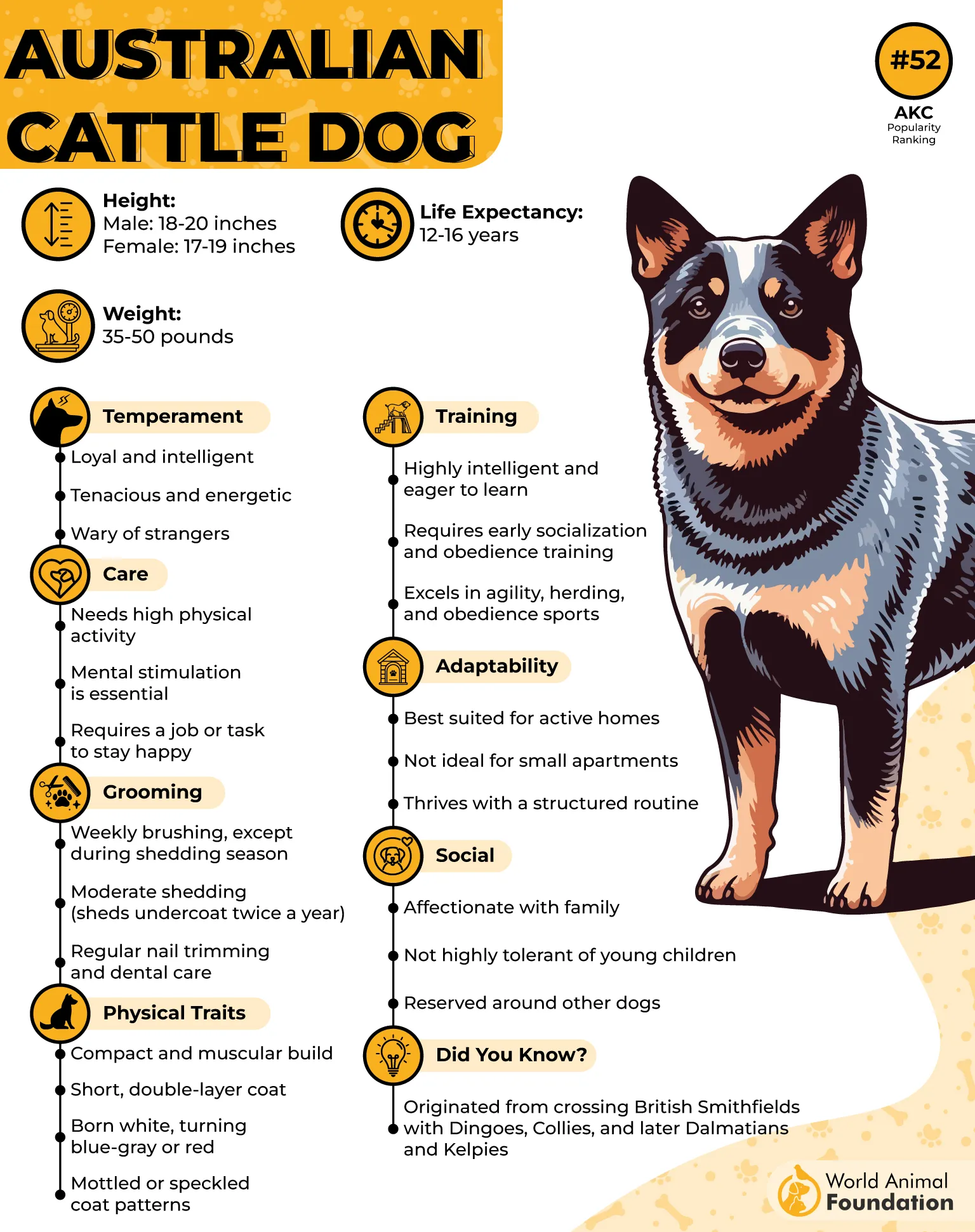
ACDs are fiercely independent thinkers. While they’re loyal to their humans, they prefer to test and figure things out on their own, making them superb candidates for solo puzzle games and enrichment activities.
These dogs shine in physical puzzles: obstacle courses, motion-based games, or logic toys that mimic real-world work. They want a job, and puzzles give them purpose.
With boundless energy and tireless focus, Australian Cattle Dogs will outlast most dogs when it comes to brain games—and enjoy every second.
Puzzle-Solving Strengths
Independent thinkers with strong persistence
Excel in physical or motion-based puzzle games
Work best when puzzles resemble real tasks or challenges
Conclusion
In the diverse world of dogs, some stand out not just for their charm or loyalty but for their exceptional problem-solving skills. These brainy breeds go beyond play; they tackle complex tasks, learn commands quickly, and approach every toy puzzle with determination. Whether bred to herd cattle, serve in search and rescue missions, or act as loyal family pets, they share a legacy of high intelligence and a strong desire to work.
For pet parents seeking more than just a companion, these incredibly intelligent dogs are well-suited for homes filled with engagement. They thrive in obedience training, therapy work, agility competitions, and more. With proper training, early socialization, and a mix of mental stimulation and physical exercise, these smart pups become true partners.
From the sharp Border Collie to the gentle-natured Golden Retriever, these dogs are natural problem-solvers. Whether it’s unlocking a feeder, outperforming in obedience competitions, or navigating around baby gates, they use their keen sense, memory, and curiosity to succeed. Big or small, from small dogs like the Papillon to powerful breeds like the Doberman, each brings a distinct brilliance.
At the heart of it all is one truth: with consistent training, food motivation, and daily attention, even the most clever pup becomes an excellent companion, a dog that listens, learns, and lights up your world with their playful nature and loyalty.


